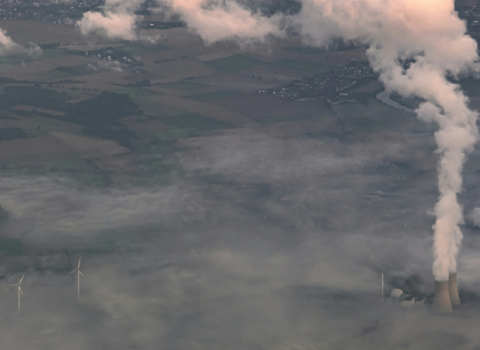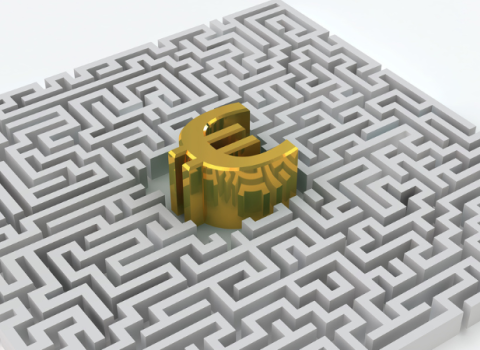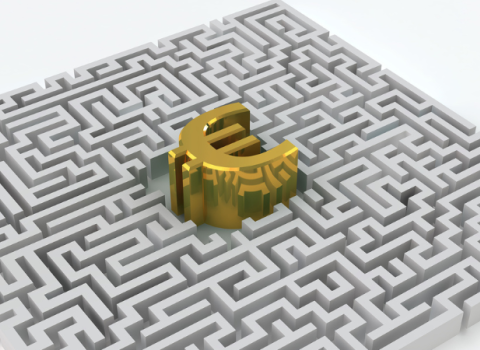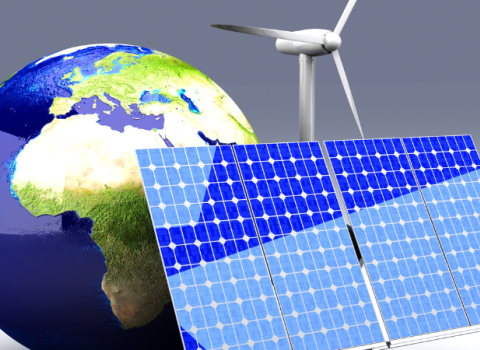The European Commission has granted the ‘ELCOREL - Electrochemical Conversion of Renewable Electricity into Fuels and Chemicals’ research project funding from the Marie Skłodowska-Curie Actions Innovative Training Network call that is part of the Horizon 2020 programme.
The type of the funding granted is European Training Networks, which means that it is intended for funding joint doctoral programme networks of universities, research centres and operators in the private sector. It is a very competitive form of funding: the funding was granted to fewer than ten per cent of projects in the recent application round.
Professor Tanja Kallio is in charge of the work carried out by Aalto University in the project, and the university’s share of the funding is about €500,000.
‘The great aim of the project is to slow down climate change,’ summarises Kallio.
‘The problem with seasonal renewable energies such as wind and solar energy is how they can be stored during peak production for usage at times when there is less production. We will be developing electrocatalysts and technologies that enable the storage of produced electrical energy as chemical bond energy.’
Alternatives to platinum
The project is coordinated by Heyrovsky Institute of Physical Chemistry. In addition to Aalto University, the participants include Leiden University, the University of Copenhagen, the Institute of Chemical Research of Catalonia ICIQ, and the companies Avantum and DeNora. Aalto University will be in charge of the syntheses, electrochemical characterisation, and the scaling and integration of technology.
‘We want to develop materials that do not require critical raw materials like platinum, which is expensive and challenging to acquire. In practice, we aim to develop methods in which we use electrical energy to produce hydrogen that is suitable for use as a fuel from water, or carbon-based compounds from carbon dioxide or carbon monoxide,’ explains Tanja Kallio.





 A unique international forum for public research organisations and companies to connect their external engagement with strategic interests around their R&D system.
A unique international forum for public research organisations and companies to connect their external engagement with strategic interests around their R&D system.